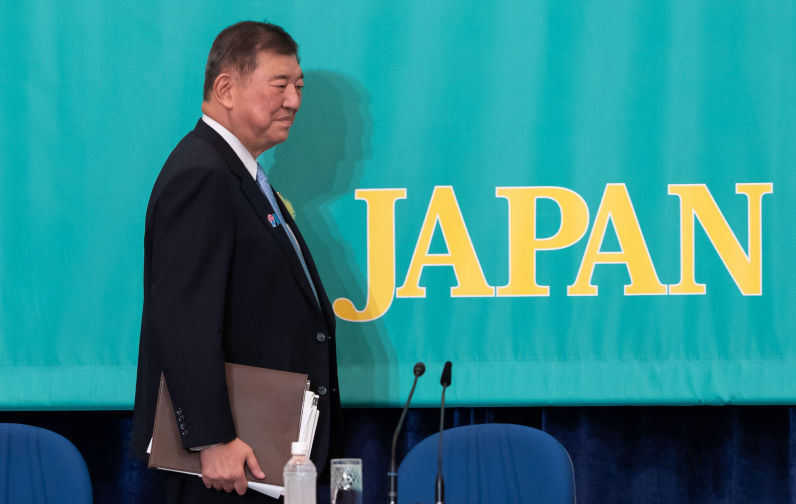A strange thing happened last week on the way to the office of Japan’s prime minister, Shigeru Ishiba

People from the parties that had just tried to vote him out of that office were demanding he stay in that office.
While small, the demonstration was significant, for several reasons. First was the fact that while many in Japan are angry after recent exposes of corruption in the Liberal Democratic Party that Ishiba now heads, the anger does not extend to himself.
He is seen as an honest moderate. While his popularity ratings are low (in the 20% range) some fear if he were forced by his party to take responsibility for his party’s defeats in recent upper and lower house elections, he could be replaced by someone much further to the right.
His LDP party has done much to improve its image following the 2022 assassination of its former leader, Shinzo Abe. In particular, it has put a stop of the gouging of devotees by greedy religious sects – the problem that led to Abe’s fate.
But it had always regarded the gruff, un-photogenic Ishiba as a stopgap, to be replaced by someone closer to LDP mainstream which continues to be dominated by a conservative rightwinger.
Ishiba’s attempts at reforms, like making it easier for women to retain maiden names after marriage, did not get far. He has had also to cope with US President Trump’s outrageous tariff demands, finally bargained down to 15% rates on reciprocal tariffs, leaving much higher rates on specific products to be negotiated.
In particular, many focus on the ultra-conservative Sanae Takaichi as being the likely replacement for Ishiba. She had been close to Abe, shared his nationalistic leanings, and came a very close second to Ishiba in the 27 September 2024 ballot for a new LDP leader.
Another force pushing Japan in a more rightwing, nationalistic direction is the emerging Shinsei party, calling for stricter policies towards foreigners. One sympathises with some of its complaints. Japan is being flooded with visitors, most of whom show little respect for local customs and manners. Longer-term foreigners often make little effort to overcome the difficulties in learning the language and trying to integrate.
Those bent on crime find it too easy to operate in a society which assumes honesty to the point of sometimes being defenceless.
Incentives for Japanese, alarmed by such foreigner excesses, to move towards the new rightwing party are many.